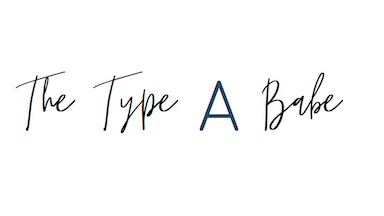
Let’s talk retirement!! I know, it can seem overwhelming. But, part of being on top of your finances is being able to plan for your future, and that’s why understanding retirement accounts is so important!
So, let start this series out by just getting acquainted with what some of the basic terms are that you may see as you looking into different retirement accounts.
401k/Retirement Account
This is a specific type of investment account that allows people to save for retirement. But, what makes these accounts different than other investment accounts is that there is a tax benefit to contributing to these accounts given to us by the government. Yeah!! Also, money put into this account cannot be withdraw before a certain age (usually 59.5 years) without a penalty, so that is something to also consider.
401K Account vs IRA
The main difference between these two types of retirement accounts are who is offering the plan. A 401K account is offered through your employer while an IRA is one that you contribute to through an outside company.
If your employer does offer a 401K this is an option you should look into first, since they may cover some fees as well may match some of your contributions, which is just more money for you!
Roth vs Traditional:
Another term that you will see when signing up for a retirement account is a Roth or a Traditional 401K or IRA. The main thing to think about here is about taxes. I know, no one likes taxes, but follow along with me.
For a traditional 401K, the money that you contribute is pre-taxes, which means that having this type of account will lower the amount of taxes that you pay now since you are lowering your taxable income. That sounds great! But, the government will eventually collect those taxes, bummer I know. Instead of paying the taxes today, you will be taxed when you take the money out in the future.
A Roth on the other hand, is the opposite. The money you contribute now will be after taxes, so you will not see a tax benefit now. BUT, when you go to take the money out in the future, you will not be taxed on that money, since you already paid taxes on it when you first put it into the account.
When do you want to pay taxes?
The major decision between these two types of accounts is when do you want to pay taxes on the money. If you want to have more money now, then a traditional 401K/IRA account may be the right move for you. And I mean, most people love the idea of having more money now, but there is a longer-term benefit to the Roth.
For example, if you are early in your career, and only expect to see your annual income increase, a Roth account may be the right move, since you are paying a lower tax rate now rather than a higher rate when you take the money out.
Ok, so now you have a general idea of what the specific terms you will see as you looking into retirement accounts mean. So, you can now take a look at options and have an idea of the differences between the offerings so you can make the right decision for your situation.



